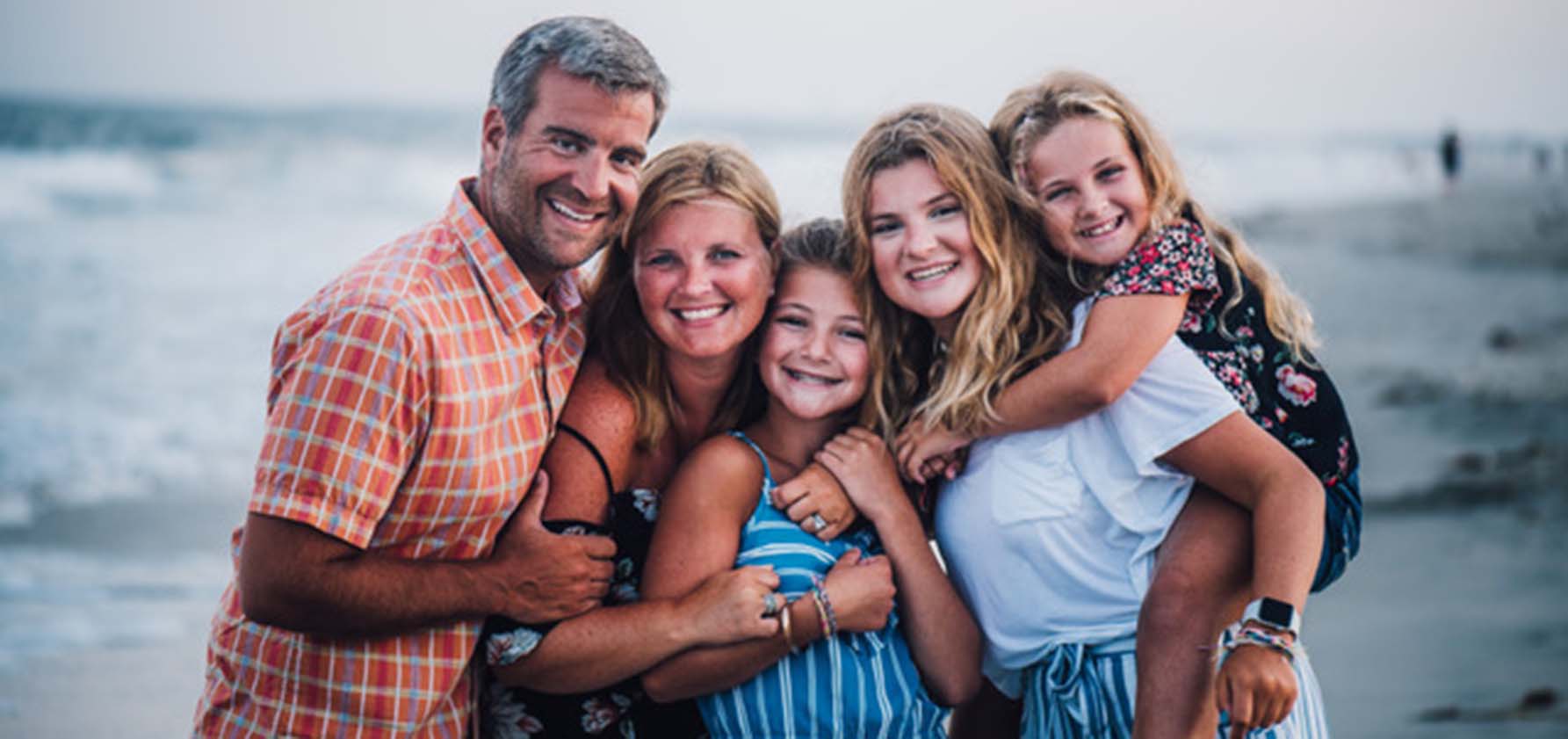
“Most people have suffered some level of emotional distress as a result of the pandemic,” says James Coupe ’98, a psychologist in private practice and the clinical director of St. John Vianney Center outside Philadelphia. Coupe offers these tips for easing that distress.
Exercise: Even mild to moderate exercise reduces stress. Setting specific fitness goals can help maintain motivation to stay fit.
Embrace healthy: Eat healthy foods, such as fruits, vegetables, and lean proteins. Avoid consuming too much alcohol, caffeine, and sugary snacks. And this is also a good time to stops smoking and identify all other counterproductive behaviors and eliminate them.
Go outside: We begin to experience psychological benefits after just five minutes outdoors, especially in the sunshine.
Limit media time: Do not oversaturate yourself with news programs or social media. Log on to social media or watch the news just long enough to stay up to date. There’s a clear link between getting too much news and clinical anxiety.
Meditate mindfully: Just 10 minutes per day of mindfulness meditation helps limit stress and anxiety and improves your physical health. The practice involves sitting in silence, breathing, and being aware of what is going on in the present moment from a judgment-free stance. There are many guided meditations available online, as well mindfulness apps for your smartphone.
Do what you like: We engage in leisure activities because we enjoy them. Do more of this when you are stressed or anxious. Watch television and movies that you like. Listen to upbeat music, read, garden, cook, whatever you enjoy.
Take brief naps: Naps shorter than 30 minutes can help regulate your stress and immune systems. This is especially true if you do not get enough sleep at night.
Stop comparing: Humans innately compare ourselves to others, but rarely does this bring us joy. When you catch yourself comparing yourself to someone else, adjust your thinking.
Socialize: Being around others who we enjoy and experience as supportive reduces anxiety and stress due to hormonal changes and allows us to feel a part of a larger community. On the flip side, spending time with people who make you feel anxious or stressed can have the opposite effect. Fin ways to socialize safely amidst the pandemic (for example, outside dinner with friends with appropriate distance).
Stay spiritual: Covid has interfered with some religious gatherings, but it’s more important than ever to hold on to your spiritual practices, however you choose to safely engage in them. After all, spirituality helps you discover what is most important in your life and strengthens your beliefs, which helps you focus less on unimportant things that cause stress.